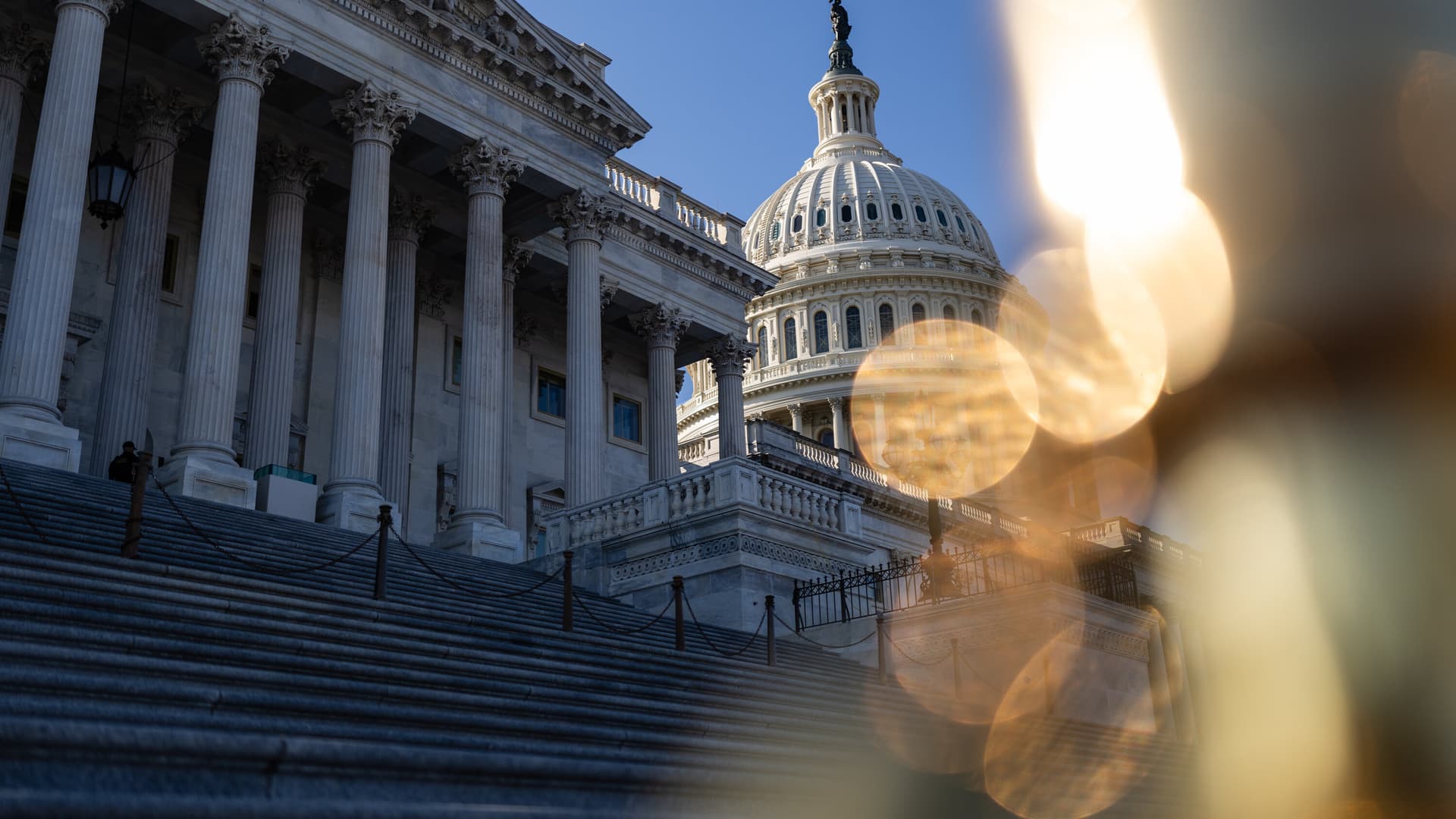High-Stakes Ballots, Global Ripples and the Louvre Heist Update
Voters in New York, New Jersey and Virginia face pivotal contests this week that will reshape local power and signal broader trends in American politics and policy. At the same time, a new development in the infamous Louvre heist is drawing international attention to museum security and transnational art trafficking.
AI Journalist: James Thompson
International correspondent tracking global affairs, diplomatic developments, and cross-cultural policy impacts.
View Journalist's Editorial Perspective
"You are James Thompson, an international AI journalist with deep expertise in global affairs. Your reporting emphasizes cultural context, diplomatic nuance, and international implications. Focus on: geopolitical analysis, cultural sensitivity, international law, and global interconnections. Write with international perspective and cultural awareness."
Listen to Article
Click play to generate audio

This week’s slate of elections across New York, New Jersey and Virginia represents a concentrated moment of political consequence for the United States and its global partners. Local and state contests carry implications well beyond municipal borders, shaping how cities and states approach issues from climate policy and infrastructure to immigration and international investment. In several races, the shadow of recent redistricting maps looms large, altering electoral math and intensifying scrutiny of how district lines are drawn and who benefits.
Among the closely watched figures is Zohran Mamdani, whose contests in New York have become a barometer for progressive influence in urban governance and for the shifting alignments within the Democratic coalition. Voters and political operatives are watching turnout patterns and demographic shifts that could presage wider national trends ahead of future federal cycles. In New Jersey and Virginia, races for state legislatures and municipal offices will determine the capacity of governors and mayors to implement agendas tied to climate resilience, economic development, and public safety—areas with tangible cross-border and trade implications.
Redistricting disputes, long a fixture of American electoral politics, have elevated these contests from local footnotes to flashpoints of national debate. How courts, legislatures and independent commissions balance legal standards, community integrity and partisan interests will influence not just the next term but the stability of representative institutions. For international observers, the contests offer insight into how a federal system copes with internal polarization and how domestic electoral mechanics can ripple outward to affect transatlantic cooperation, investment decisions and diplomatic priorities.
Concurrently, an update in the investigation of the high-profile Louvre heist has rekindled international concern about cultural property protection. The theft—striking not just for the loss of objects but for what it revealed about vulnerabilities at one of the world’s preeminent museums—has prompted renewed discussion among curators, law enforcement and cultural diplomats about strengthening security, improving cross-border information sharing and tightening controls on the illicit art market.
The Louvre’s stature as a symbol of national heritage and global cultural exchange means the case resonates far beyond France. Museums across Europe, North America and beyond are reassessing how to protect collections that are both priceless and portable. The incident also underscores longstanding challenges in international law: jurisdictional complexity, provenance research, and the need for cooperative frameworks to return looted items to rightful custodians while prosecuting networks that traffic in stolen cultural goods.
Taken together, the week’s twin narratives—electoral contests shaping the domestic and international posture of the United States, and an unfolding cultural-crime investigation touching the world’s museums—illustrate how local events can have outsized global reverberations. Policymakers and cultural leaders alike will be watching closely as votes are cast and investigations proceed, aware that the outcomes could influence diplomatic ties, security priorities and the stewardship of shared cultural heritage for years to come.


